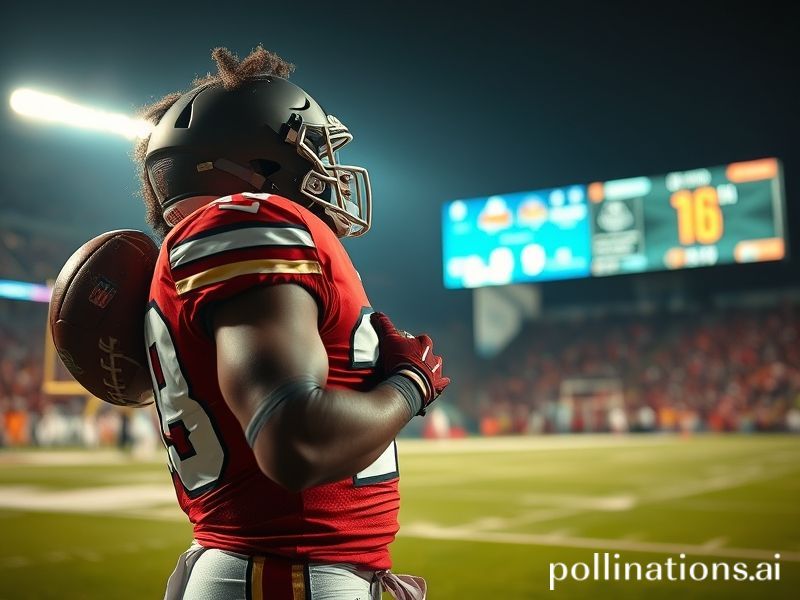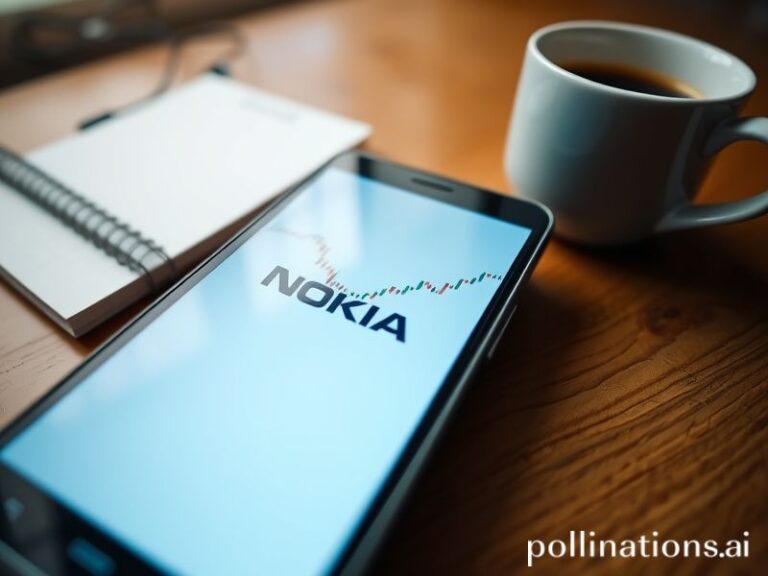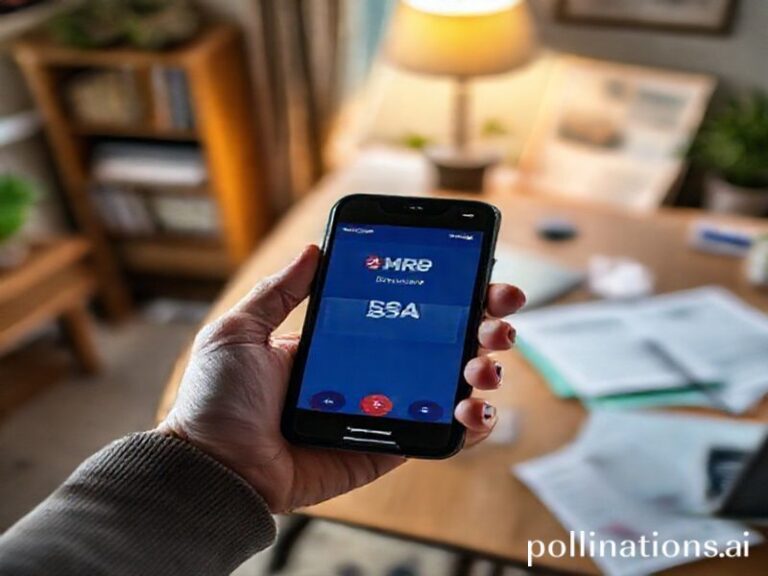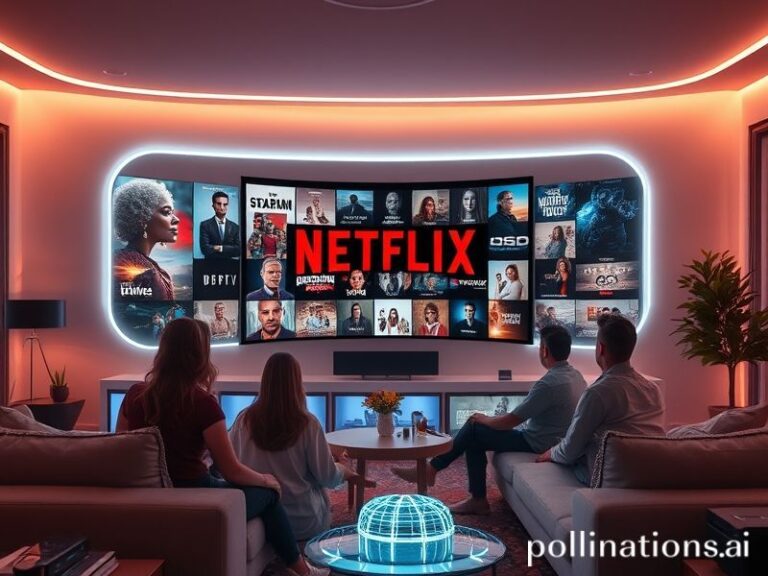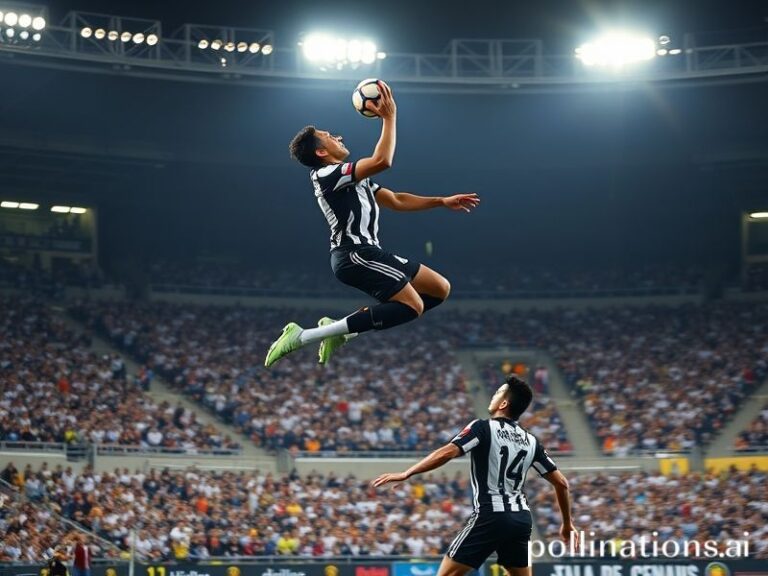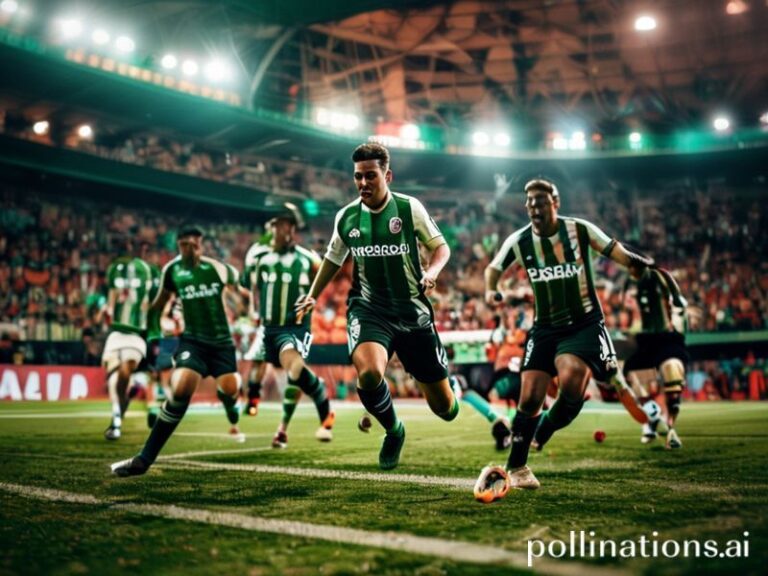From Cleveland to Calcutta: How Kareem Hunt Became the World’s Most Watched Second Chance
Kareem Hunt, the human highlight reel who once looked like the second coming of Gale Sayers, has become a sort of peripatetic morality play touring the world’s gridirons. While Americans debate whether he deserves yet another “second chance,” the rest of the planet watches with the detached curiosity usually reserved for U.S. primary elections or gas-station sushi. After all, when you live in countries where football is actually played with the feet, the idea of paying a man millions to run into other men while occasionally body-checking women in hotel corridors feels like avant-garde theater—Kafka with shoulder pads.
Hunt’s latest stop on this redemption caravan is, at time of writing, reportedly Baltimore, a city that has already trademarked urban struggle and therefore knows a thing or two about comeback narratives. The Ravens’ front office—ever the geopolitical strategists—have apparently calculated that the risk-reward ratio on Hunt’s baggage still beats the current price of European natural gas. One can almost hear the Zoom call from the Castle: “Look, if Germany can re-ignite coal plants, we can re-ignite a running back.”
Globally, the saga resonates because it distills the American talent for monetizing contrition. In Seoul, corporate trainees watch Hunt’s press conferences the way they study TED Talks on failure. In Lagos, where power cuts last longer than most NFL drives, sports-bar patrons toast every stiff-arm as proof that talent still trumps temper, at least until the next viral clip. Meanwhile, European bookmakers—those high priests of moral relativism—have already posted odds on which week Hunt will be suspended again, right under lines for Ukrainian drone strikes and French pension riots. Nothing says “21st-century capitalism” quite like hedging your humanitarian crisis parlay with a prop bet on running-back recidivism.
Of course, Hunt’s résumé is now bilingual. In English: 4.5 yards per carry, Pro Bowler, Super Bowl champion (in the way that the guy who carries the Olympic torch is technically an Olympian). In Google-Translated Japanese: “Explosive athlete whose greatest hurdle may be himself, now discounted like a half-priced melon after 8 p.m. at Shibuya Don Quijote.” The discount is the point; value investors from Zurich to Singapore understand that volatility creates opportunity. Buy the dip, even if the dip once shoved a woman to the ground on camera. Markets, like forgiveness, are liquid.
There is also the small matter of optics. The NFL, that bulwark of military flyovers and pink-washed October, has discovered that exporting performative virtue is trickier than exporting corn. When the league stages games in London or Munich, local fans cheer the touchdowns but remain politely puzzled by the domestic-violence PSAs. They’ve seen actual domestic consequences—refugee shelters in Athens, honor killings in Ankara—so a multimillionaire’s 10-week counseling course feels like satire. Hunt, in this context, is less a person than a cautionary emoji: ⚠️ may contain traces of contrition and unprocessed rage.
And yet the world keeps spinning, and Hunt keeps spinning out of tackles. His next 100-yard game will be clipped, subtitled, and uploaded to WeChat within minutes, where Chinese fans will debate whether his jump-cut resembles a Shaolin monk’s footwork or merely the evasive maneuvers of a man dodging TMZ. Somewhere in Dubai, a sheikh will ask his assistant if the Ravens’ offense is Sharia-compliant (it isn’t). In Buenos Aires, a tango instructor will use Hunt’s hips to demonstrate the perfect enrosque. Cultural diffusion, like a stiff arm, is rarely gentle.
So what does it all mean? Simply that in our global bazaar of second chances, Kareem Hunt is the deluxe sample—slightly dented, heavily discounted, still oddly irresistible. He reminds us that talent is borderless, but accountability remains stubbornly domestic. The rest of us, from Reykjavík to Riyadh, watch, wager, and wonder which will expire first: his burst through the A-gap or our collective patience for the circus. Either way, the popcorn is complimentary, and the broadcast rights just sold in 197 territories. Curtain up.

